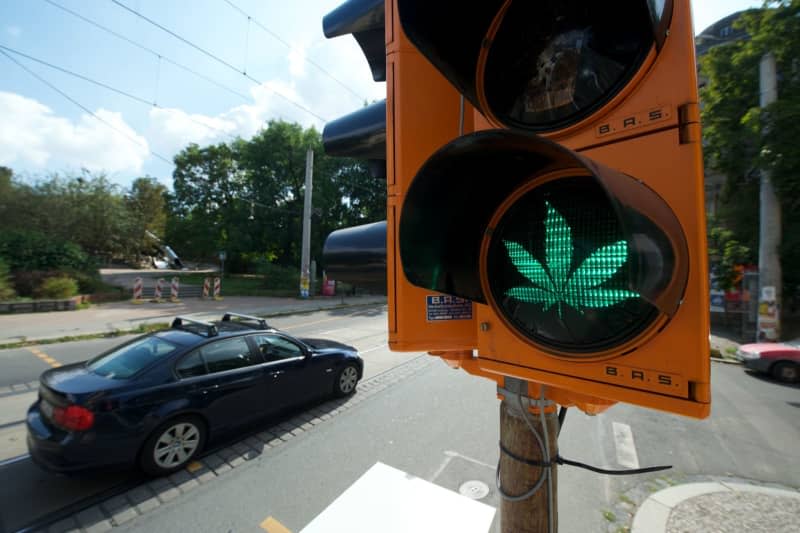Stoned on the job? Increase in work injuries linked to legal weed

There has been a 10% rise in workplace injuries in regions of the US where it is legal to smoke a joint, findings that come as countries including Germany and Thailand debate loosening or tightening rules around marijuana use.
"Laws that allow recreational marijuana sales were associated with a 10% increase in workplace injuries among individuals ages 20 to 34," the researchers said, in findings published by the American Medical Association (AMA) and based on official workplace injury data.
From University of Wisconsin-Parkside, San Diego State University and Bentley University, the economists declared the outcome as "consistent with the hypothesis" that the drug "impedes cognitive function and care among younger workers."
Since 2012, 24 US states have allowed recreational marijuana, permitting the sale and possession of small amounts. A 2023 survey by Gallup found that around half of Americans had tried marijuana, with one in five claiming to be regular users.
The latest AMA findings were published around the same time Germany’s parliament voted to allow the sale of cannabis for recreational purposes and to permit smoking a joint in some public places, with the law to take effect on April 1.
The German move came despite Amsterdam last year banning smoking joints in public as part of a clampdown on rowdy tourists abusing the city’s long-established permissiveness.
And Germany’s relaxation comes as Thailand, an emerging cannabis haven, moves to rescind its short-lived laws de facto permitting recreational marijuana usage.
The Thai proposal, which came two years after the government allowed pot-smoking, is to go to parliament later in the year. The country’s health ministry had earlier reported an upsurge in the number of people seeking treatment for cannabis-related psychological issues and political parties had pledged to reverse the liberalization during campaigning for last year’s parliamentary elections.
Other research published in 2023 linked legalisation to a rise in related poisonings and to an increase in the number of traffic accidents in Canada, while doctors in the US felt the need to warn women against smoking weed ahead of childbirth, saying it increases the risk of "unhealthy pregnancy outcomes."

